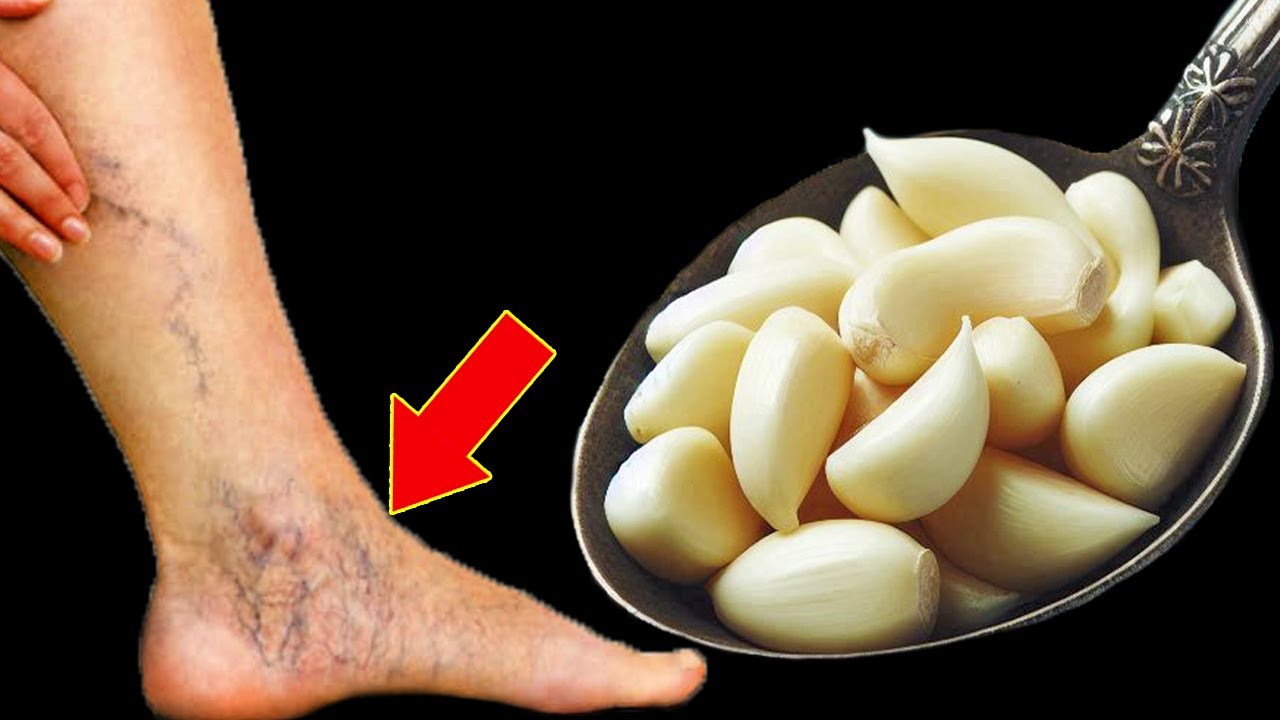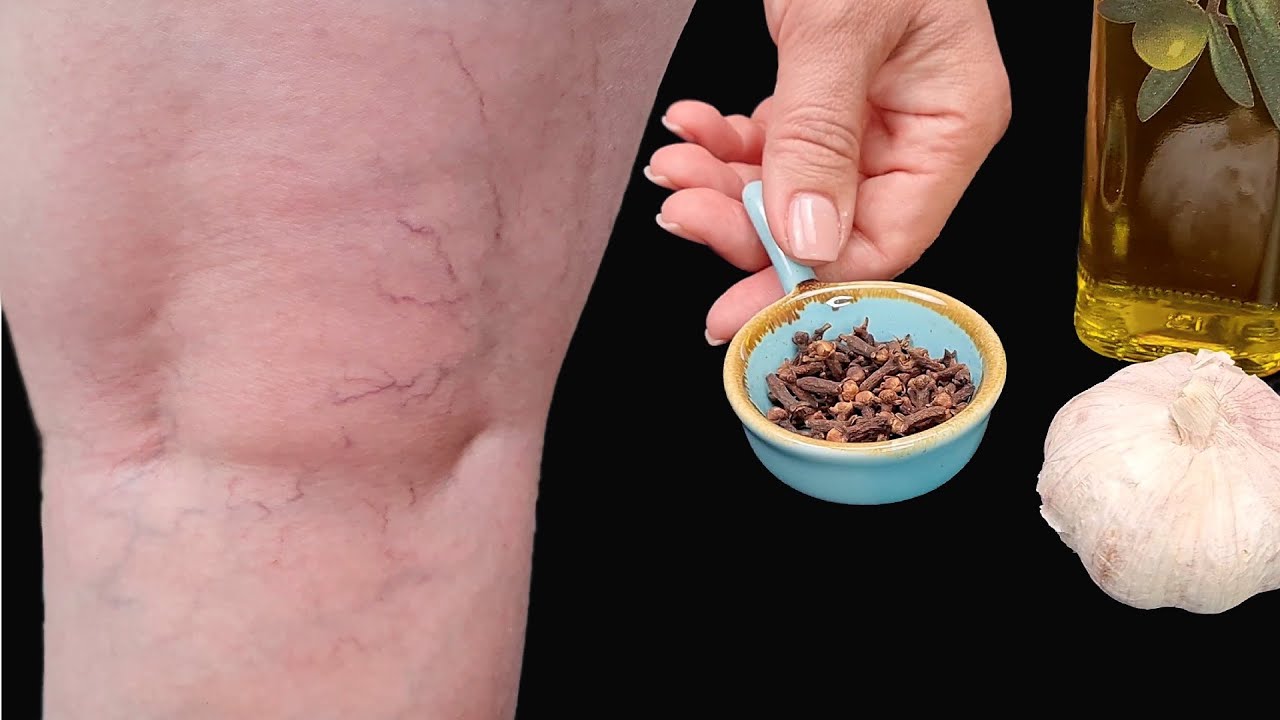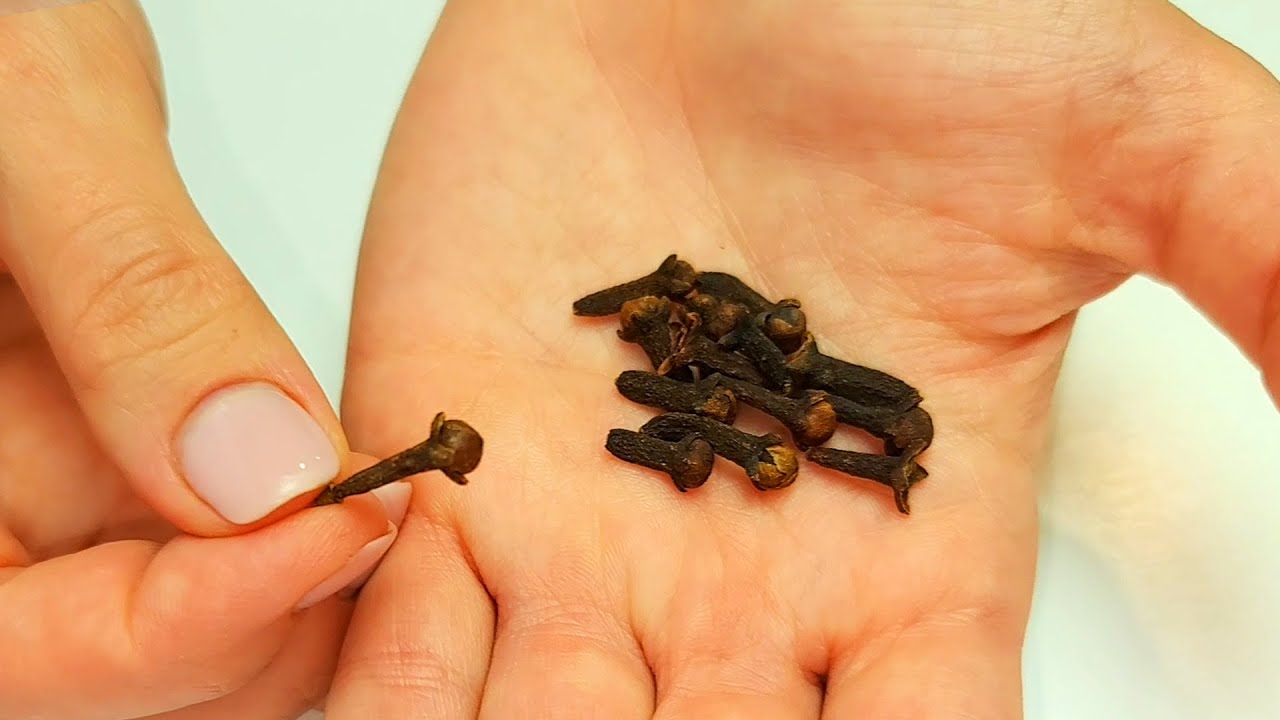
Did you know that your kidneys play a crucial role in keeping your body healthy? Located just under your rib cage, these vital organs are responsible for filtering up to 150 quarts of blood every day, removing waste and excess fluids from your body. They also regulate electrolyte levels, support bone health, produce red blood cells, and help stabilize blood pressure.
However, when your kidneys are not functioning properly, it can lead to serious health problems. So, it’s important to be aware of the signs of kidney damage or failure and take preventive measures. Here are eight signs that indicate your kidneys might be in danger:
1. Swellings
If your kidneys are struggling to eliminate excess fluids, you may notice bloating and swelling in your face, joints, and limbs. Pay attention to these signs as it could be a result of kidney dysfunction.
2. Changes in Urination
Changes in your urine can be an early indication of kidney problems. Watch out for these signs:
- Difficulty urinating
- Feeling of pressure during urination
- Dark urine, infrequent urination, or small amounts of urine
- Pale-colored urine, frequent urination, or large amounts of urine
- Foamy urine
- Increased urge to urinate during the night
3. Skin Rash
The accumulation of waste in your body due to kidney failure can lead to skin rashes and itching. The toxins build up in the blood and cause the skin to appear dry, irritated, and unhealthy. While lotions and creams may provide temporary relief, it’s essential to address the underlying kidney problem.
4. Fatigue
Healthy kidneys produce a hormone called erythropoietin (EPO) that stimulates the production of red blood cells. When the kidneys are not functioning properly, the number of red blood cells decreases, resulting in fatigue. This fatigue can affect both your brain and muscles and may indicate severe anemia.
5. Shortness of Breath
Although commonly attributed to other causes, shortness of breath could be a result of kidney damage. When there is a low number of red blood cells delivering oxygen throughout the body, it can lead to reduced oxygen levels and breathlessness. Kidney-related toxins can also impact the lungs, exacerbating the problem.
6. Metallic Taste in the Mouth
The accumulation of waste in the blood can alter your taste buds, giving a metallic taste in the mouth and even causing bad breath. Changes in your food preferences or a poor appetite can also be signs of kidney damage.
7. Pain
Pain in the upper back, around the area where the kidneys are located, could be another symptom of kidney dysfunction. Infections or the presence of kidney stones can further trigger this pain.
8. Poor Concentration and Dizziness
Inadequate oxygen flow to the brain is a clear indication of both severe anemia and kidney failure. This can lead to difficulties with focus, concentration, dizziness, and even memory troubles.
To maintain the health of your kidneys, it’s important to incorporate healthier foods into your diet. Try to include antioxidant-rich foods or even supplements. By taking care of your kidneys, you ensure that they function optimally, processing waste efficiently and keeping your body in good shape.




